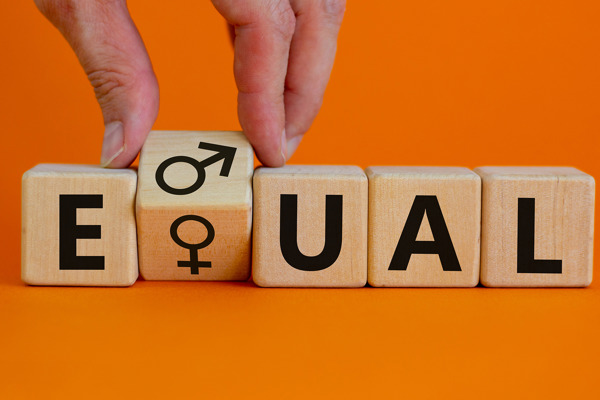
Menopause
In July 2022 the House of Commons Women and Equalities Committee published a report entitled "Menopause and the workplace", which amongst other things, called for the menopause to be made a protected characteristic. There has been a degree of confusion as to which of the existing protected characteristics would protect a woman who suffers discrimination as a result of her experiencing the symptoms of menopause. Is it best characterised as sex discrimination, age discrimination or disability discrimination? The report considered it unsatisfactory that women experiencing the symptoms of menopause must frequently present themselves as suffering from a disability to make an effective claim and called on the government to consult within six months on making menopause a protected characteristic, including a duty to provide reasonable adjustments for menopausal employees. In response to the report the government confirmed that it did not intend to make any changes to the 2010 Act but did appoint a Women's Health Ambassador for England to sit on a newly established UK Menopause Taskforce. This is definitely an ongoing issue which may yet see the introduction of a new protected characteristic.
Political Opinion
The particularly difficult political climate in Northern Ireland in the 1990's, where political opinion was to a large extent determined down religious lines, saw "discrimination" under the Fair Employment and Treatment (Northern Ireland) Order 1998 defined as: "discrimination on the ground of religious belief or political opinion." Essentially this established political opinion as a protected characteristic in Northern Ireland.
In 2013 the UK Government stopped short of introducing "political opinion or affiliation" as a protected characteristic despite this being recommended by the ECHR in the judgment Redfearn v United Kingdom [2012] ECHR 1878 (the right to freedom of association case brought by a BNP member who was made redundant from his role as a bus driver as he was at risk of being attacked). What they did do was introduce section 108(4) of the Employment Rights Act 1996 which removed the requirement to have two-years' service if the reason or principal reason for dismissal "is, or relates to, the employee's political opinions or affiliation". However, as the political climate in the UK becomes more fraught with opposing views on such matters as Brexit and Scottish Independence, is it time to introduce protections against discrimination on the grounds of political opinion or affiliation in England, Wales and Scotland? I also suspect this is an issue which may come before the Tribunal system again and consideration of whether "political opinion or affiliation" should be introduced as a protected characteristic given serious consideration.
Socio-economic class
In September 2019 the TUC published a report on tackling class discrimination in the workplace entitled Building working class power: how to address inequality. The report highlighted a significant pay gap with those of working-class backgrounds earning 24% less a year than those from middle and upper-class backgrounds, and even a 17% pay gap experienced by working class people carrying out professional roles with equivalent qualifications to middle and upper-class.
It is perhaps surprising that "class", or "socio-economic class", was not included as a protected characteristic in 2010. Along with sex discrimination, "classism" is arguably where discrimination can be said to have its historic roots firmly established in British society. One explanation of its absence might be that it did not fit in with the Blairite Government concept of the "classless society" at the time the legislation was passed. To recognise that class was a characteristic which people could be identified by, or identify with, may not have fitted with the political ideology of the time. Or perhaps it is just too difficult to define to any meaningful extent which class someone may belong to (although the National Statistics Socio-economic Classification has been in existence since 1990).
However, in recent years many employers and to an even greater extent, higher education institutions, have sought to address issues of "social mobility". There is a growing recognition that barriers to access to education, job opportunities and promotion as a consequence of socio-economic background should be addressed. Is it time we introduced "socio-economic class" as a protected characteristic to enhance these efforts to address the attainment gap?


